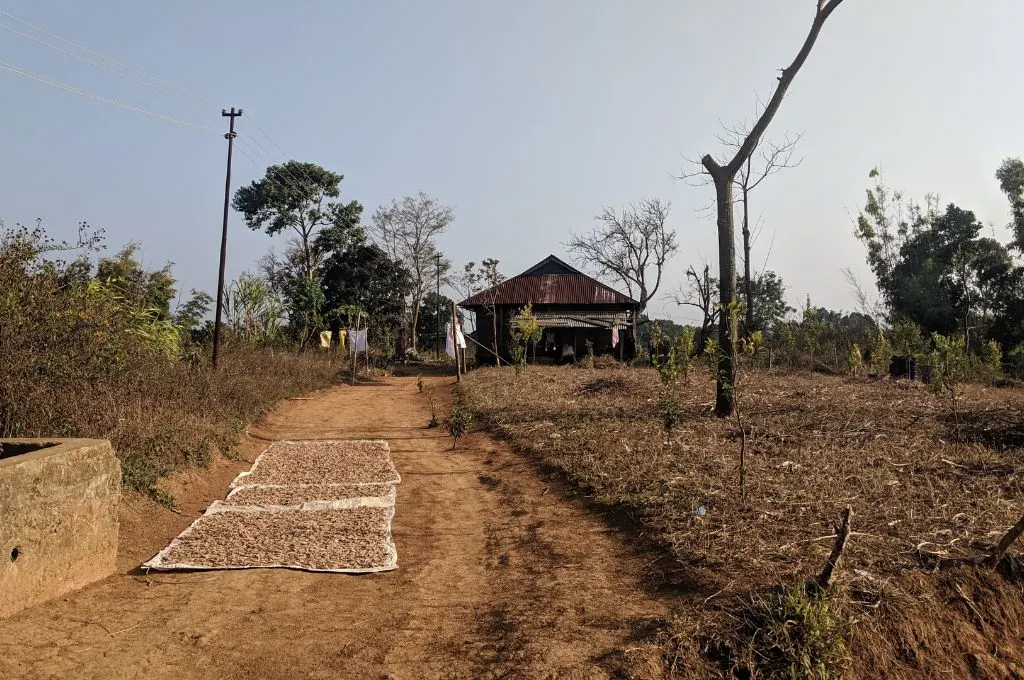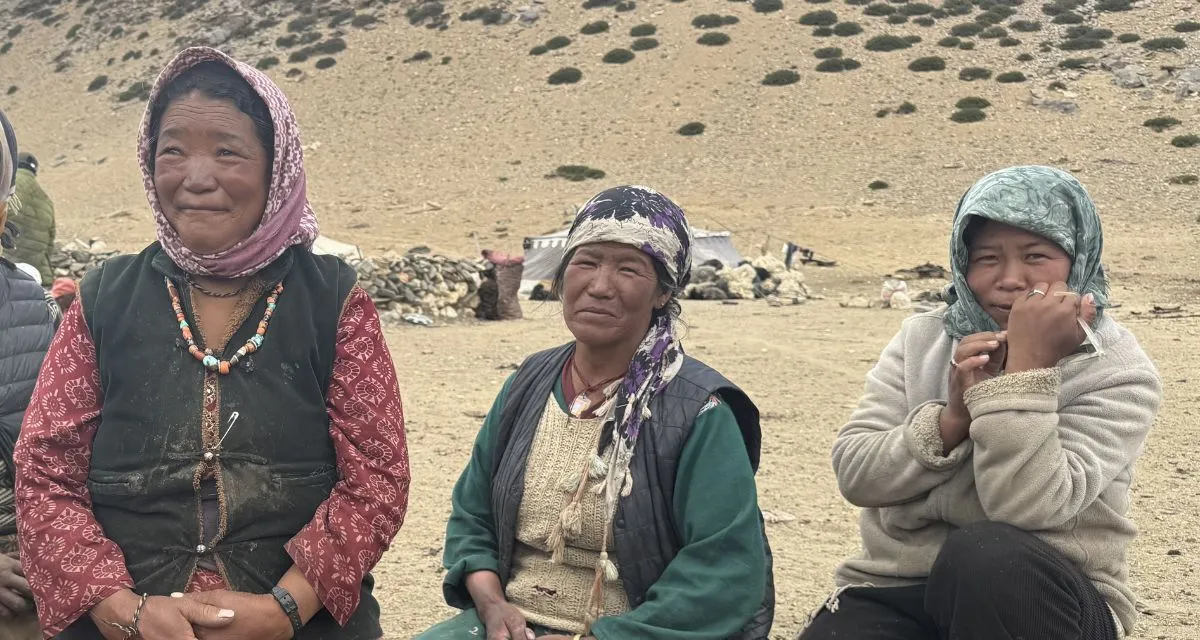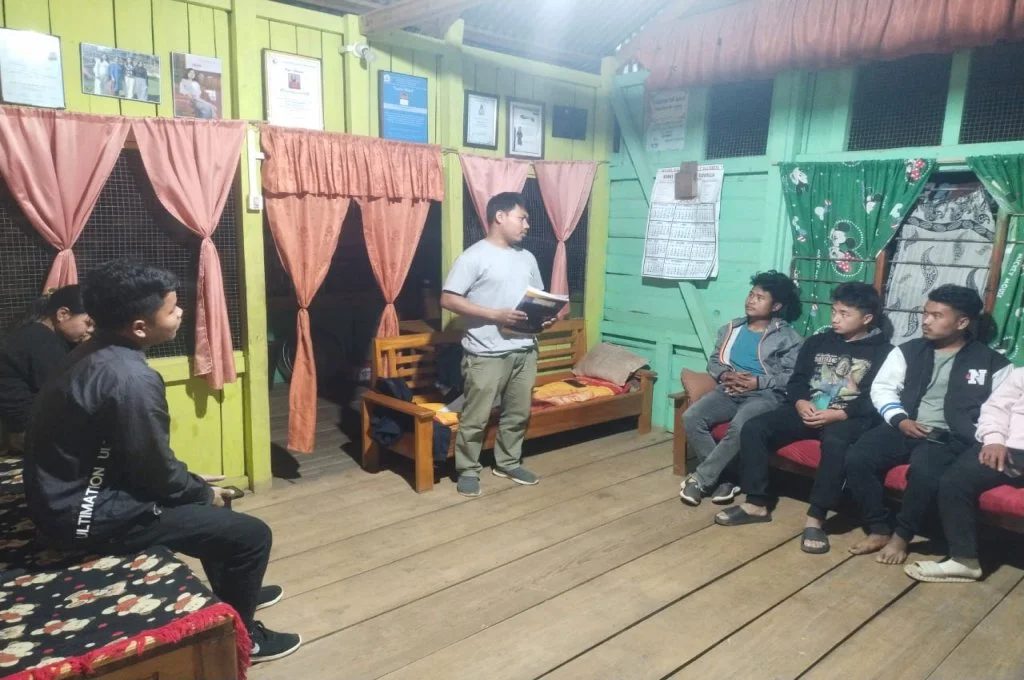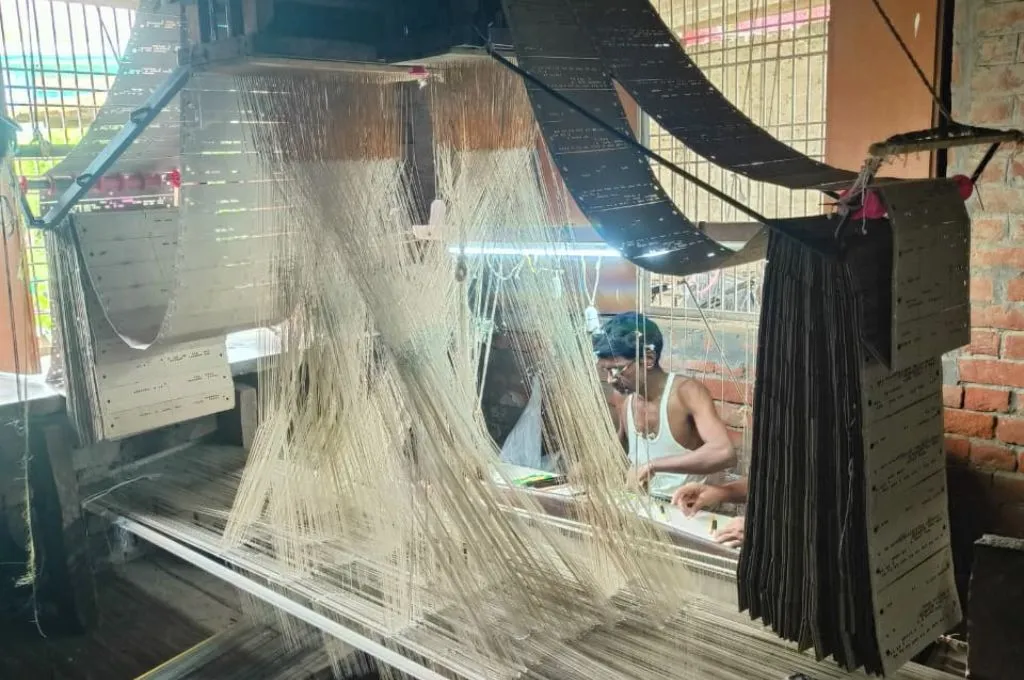READ THIS ARTICLE IN
On the high horse: Dalit wedding processions in Rajasthan
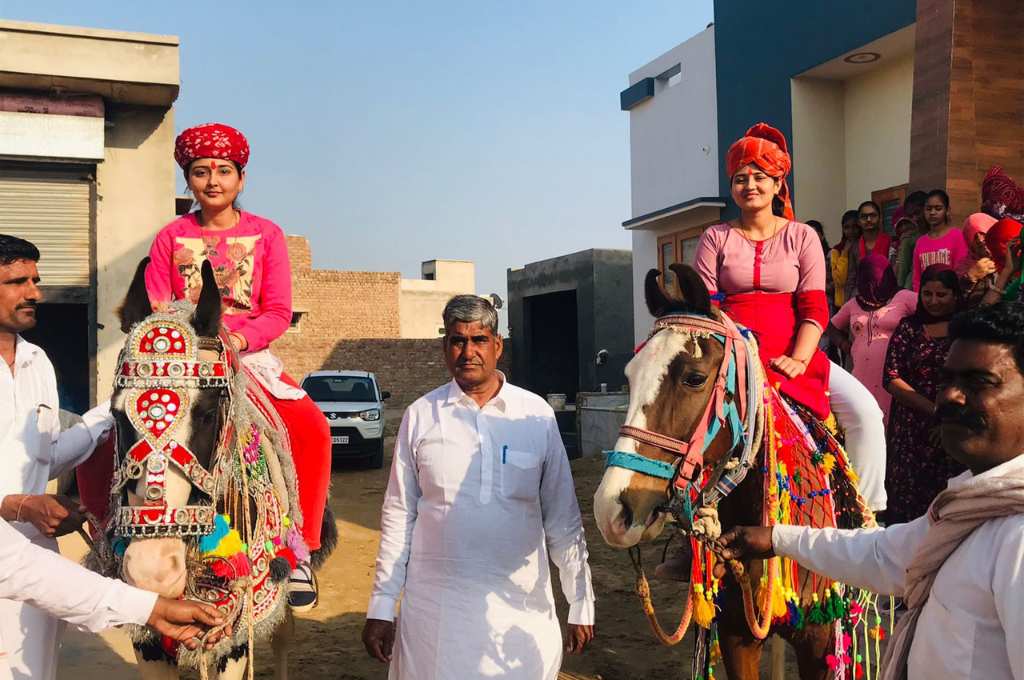
Discrimination and violence against the Dalit communities is common in many districts of Rajasthan. This discrimination is also visible in the way Dalits aren’t allowed to take out a bindori (pre-wedding procession), during which grooms ride a horse and visit the temples in the village to seek blessings. But Hanumangarh, Sri Ganganagar, and Anupgarh districts of Rajasthan are changing this practice. Dalit bindoris are commonplace here. In fact, in recent years, brides in these districts have also started leading the bindori on horses, which is traditionally considered the sole right of men.
It is important to understand that the three districts share a common history and therefore a similar way of thinking. In 1994, Sri Ganganagar was split to create Hanumangarh district, and in 2023 Anupgarh district was also carved out of it. Geographically, these districts are adjacent to Punjab.
Maniram Mehrada, a Dalit and retired Punjab National Bank employee, took out the wedding procession with much fanfare with his daughter Murti sitting on a horse. Maniram says, “We had always only seen upper-caste people riding horses. No one in our family ever rode a horse to their wedding. The elders used to say that only upper-caste people had this right. We too had made our peace with this, but now things are different. I made both my son and daughter sit on a horse at the time of their weddings.”

Karnidan Singh Rajput, a 79-year-old writer and journalist from Suratgarh in Sri Ganganagar district, says, “Like other areas of the state, there has been a lot of caste discrimination in the Sri Ganganagar–Hanumangarh area. Even today, many people belonging to upper castes avoid going to the houses of Dalits or sharing a meal with them. Traditionally, at the time of marriage, only upper-caste grooms have ridden the horse. Dalits have had to quash any desire to do the same.”
He adds, “Historically, horses were owned by big landlords and thakurs. It was a status symbol. The Dalits, who continued to earn their living by working for the upper castes, never dared to dream of riding a horse. Or rather, they accepted that only those belonging to the upper castes had this right. This is changing now.”
Kesarram Dahiya, a retired district excise officer who is also a Dalit, says, “In the last few years, due to reservation in panchayats and access to education, there has been a shift in the image of Dalit communities. Now Dalit youth are coming into government jobs. Their financial condition has also improved. They are becoming more aware of their rights. The effect of this is visible in society.”
Rajendra Prasad Nayak, former deputy head of Hanumangarh Panchayat Samiti who is from a Dalit caste, says, “In the last decade, Dalit grooms have started riding horses in many places, but the trend of girls riding horses has increased in the last five to six years. It seems the desires that were suppressed due to social taboos are now surging. They are not letting go of the opportunity to assert their pride by making their daughters ride horses.”
Advocate Daulat Sillu of Hanumangarh says, “No boy in our family had ever ridden a horse, but this year at the time of her wedding, we took out the baraat for my niece Pooja. We got Pooja married with the same enthusiasm with which people get their sons married.”

Amarpal Singh Verma is an independent journalist based in Rajasthan.
—
Know more: Learn why a wedding in Tamil Nadu can cost a farmer their land and livelihood.
Do more: Connect with the author at vermaamarpalsingh@gmail.com to learn more about and support his work.

